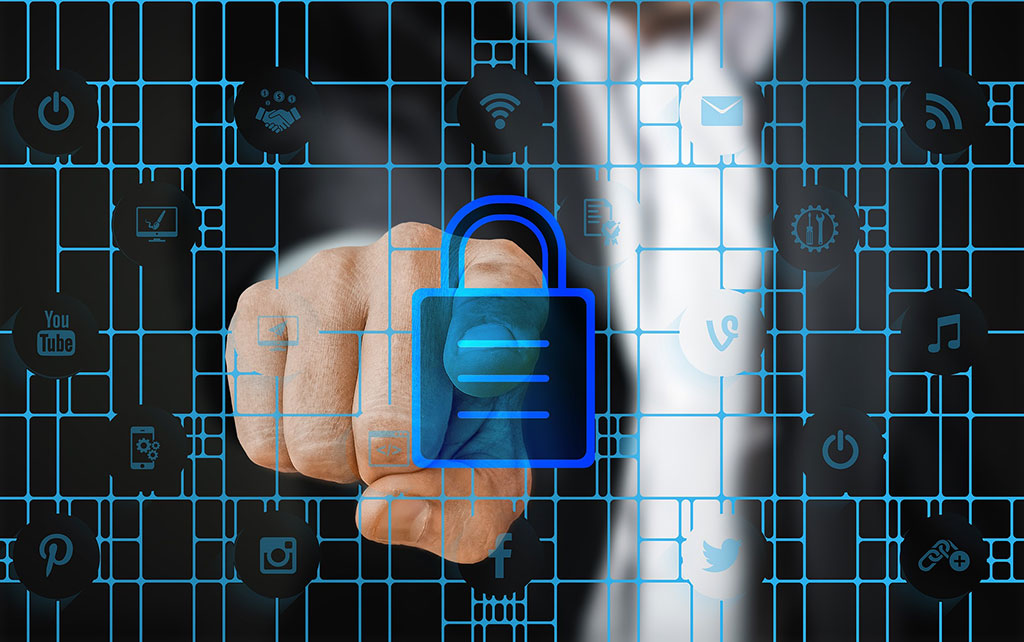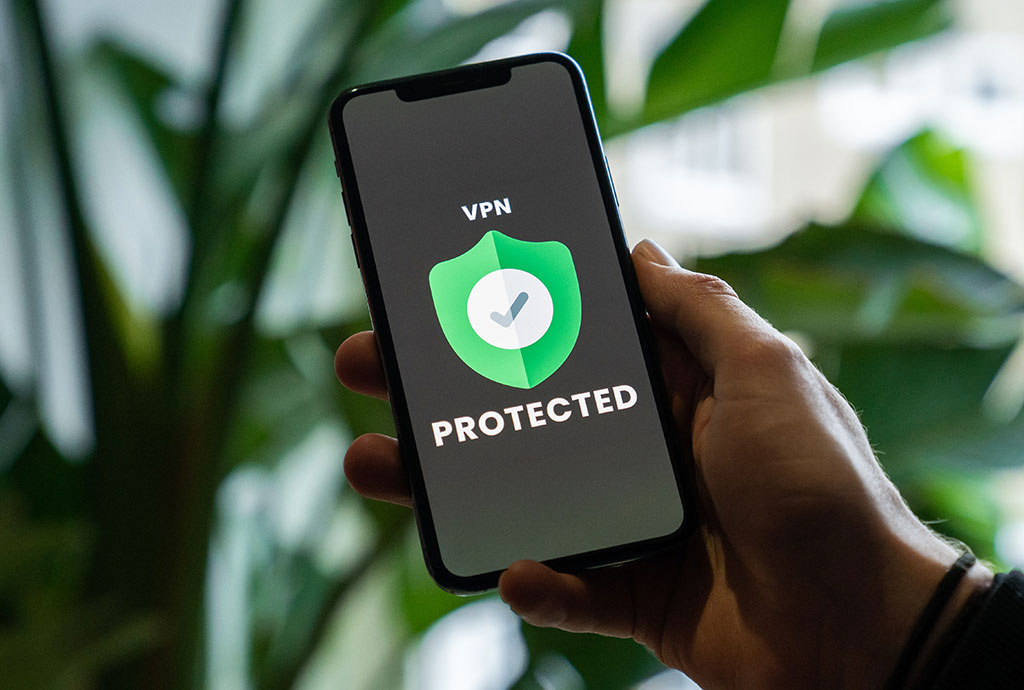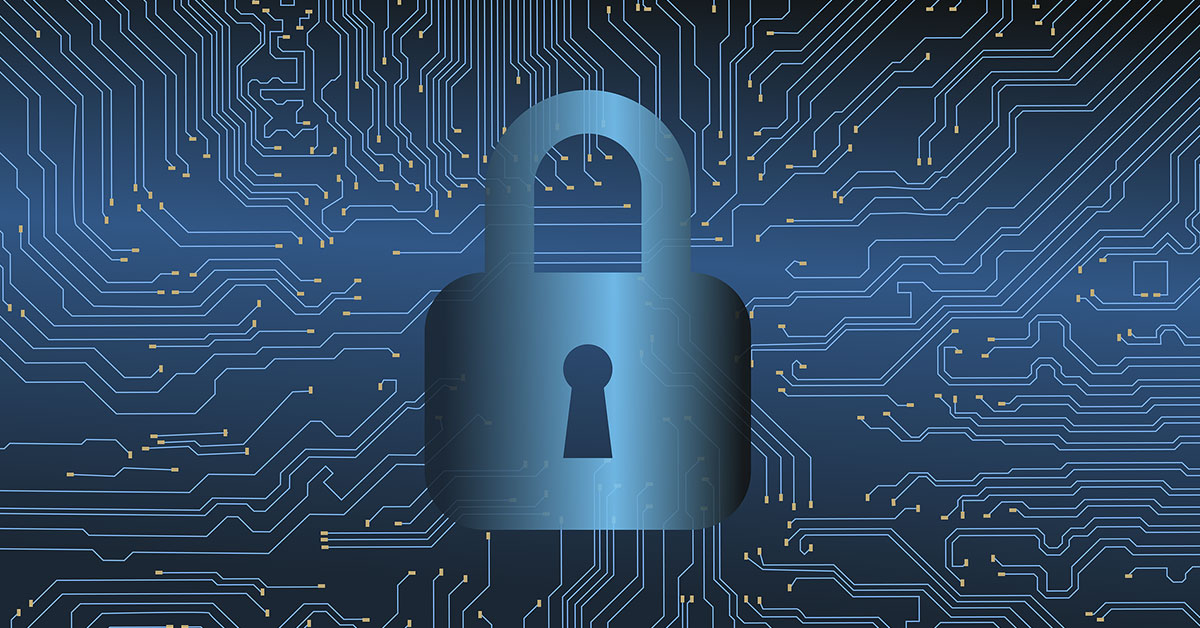Business cybersecurity is a critical concern for all organizations today. The reliance on technology in business operations has made them more vulnerable to cyber threats. Cybercriminals are targeting businesses more frequently, which can lead to severe consequences if a cyber attack is successful. Therefore, it is essential for businesses to prioritize cybersecurity to protect their digital assets.
The threat of cyberattacks on businesses has grown significantly in recent years. The sophistication and frequency of cyberattacks are increasing, making it more important than ever for businesses to take proactive measures to protect themselves. As technology continues to evolve, so do the tactics used by cybercriminals, making it a constant battle for businesses to stay secure.
Another important aspect of business cybersecurity is to have a robust incident response plan in place. This plan should outline the steps that the organization will take in the event of a cyber attack, including who will be responsible for responding, how to contain the attack, and how to recover from it. Having a well-defined incident response plan can help minimize the damage caused by a cyber attack and ensure that the organization is able to return to normal operations as quickly as possible.

Additionally, businesses should consider implementing security solutions such as firewalls, intrusion detection/prevention systems, and encryption to protect their digital assets. Having multiple layers of security in place can provide an additional level of protection, making it more difficult for cybercriminals to penetrate the organization’s systems. Finally, it is essential to have a dedicated team or individual responsible for cybersecurity to ensure that security measures are regularly reviewed and updated to keep pace with the latest technology and trends in the field.
Business cybersecurity: What steps can be taken to ensure the use of the latest technology and trends in maintaining security?
1. The Consequences of a Cyberattack

A. Financial losses and damage to reputation
One of the most significant consequences of a cyberattack is financial losses. A study by IBM found that the average cost of a data breach for a company is $3.86 million. Not only do businesses lose money from the attack itself, but they may also lose customers and revenue as a result of damaged reputation.
B. Loss of sensitive data and customer trust
A cyberattack can also result in the loss of sensitive data, such as personal information of customers and employees. This can lead to a loss of trust from those affected, and potentially result in legal and regulatory compliance issues.
C. Legal and regulatory compliance issues
Cyberattacks can also result in legal and regulatory compliance issues, as many industries are subject to specific regulations regarding data security. In case a cyberattack leads to data breach, it can result in heavy fines and penalties.
D. Operational disruption
Cyber attacks can also cause operational disruption for a business, resulting in a loss of productivity and ability to serve customers.
2. Common Types of Cyber Attacks

A. Phishing scams and email fraud
Phishing scams and email fraud are becoming increasingly common, as cybercriminals try to trick employees into giving away sensitive information or login credentials. These types of attacks can lead to unauthorized access to a company’s network and systems.
B. Ransomware attacks
Ransomware attacks are another common tactic, where a hacker will lock a business’s data and demand payment to regain access. This type of attack can result in significant financial losses, as well as operational disruption.
C. Malware and viruses
Malware and viruses can also be used to gain access to a company’s systems and steal data. These types of attacks can be particularly damaging if they go undetected for an extended period.
D. Social engineering tactics
Social engineering tactics, such as pretexting or baiting, are another common form of cyber attack where criminals trick individuals into divulging sensitive information. These types of attacks exploit human behavior, making them particularly difficult to defend against.
3. Best Practices for Cybersecurity

A. Employee education and training
Employee education and training is crucial in preventing phishing scams and other social engineering tactics. By educating employees on how to recognize and respond to suspicious emails and other forms of communication, businesses can reduce their risk of falling victim to these types of attacks.
B. Implementation of robust security software and technologies
Implementing robust security software and technologies, such as firewalls, antivirus software, and intrusion detection systems can help safeguard against malware and other cyber threats. This will also provide a multi-layer protection to the network.
C. Regular security audits and risk assessments
Regular security audits and risk assessments can identify vulnerabilities and areas for improvement in a company’s security defenses. These assessments can help businesses stay up to date on the latest threats and identify any weaknesses that need to be addressed.
D. Strong password policies and network segmentation
Creating strong password policies and network segmentation will help protect against unauthorized access to a business’s systems. By implementing multifactor authentication and regularly monitoring and updating password policies, businesses can reduce their risk of a breach.
E. Creating incident response plan
Having an incident response plan in place is important in case of any security breaches. This plan should outline the steps to be taken in the event of a security incident, and should include procedures for identifying, containing, and mitigating the incident.
F. Regular software updating
Regularly updating software and systems can help to ensure that any known vulnerabilities are patched and that businesses have the latest security features. This also include updating endpoint protection software and operating systems.
Click Here to Learn How to Build Strong Relationships for Your Small Business
Cybersecurity is a crucial aspect of any business today, and the potential consequences of a cyberattack make it essential for businesses to prioritize cybersecurity.
Businesses of all sizes and industries need to take proactive measures to protect themselves from cyberattacks. By implementing best practices for cybersecurity and staying up to date on the latest threats, businesses can reduce their risk of a cyberattack and minimize the damage in the event of a breach.
There are a variety of resources available for businesses to learn more about cybersecurity and stay informed about the latest threats and trends in the field. Some of these include:
- The National Cyber Security Alliance (NCSA) – offers a wide range of resources for businesses, including best practices for small businesses, educational materials, and webinars.
- The Cybersecurity and Infrastructure Security Agency (CISA) – provides guidance and resources for businesses on how to protect their systems and networks from cyber threats.
- The Small Business Administration (SBA) – offers a variety of resources for small businesses, including information on cybersecurity and disaster recovery.
- The Center for Internet Security (CIS) – offers a range of cybersecurity resources, including best practices and guidelines, and a free Cybersecurity Maturity Model Certification (CMMC) readiness tool.
- The International Association of Computer Science and Information Technology (IACSIT) – Offers a lot of international journal publication on cybersecurity and information technology.
- The SANS Institute – offers a variety of cybersecurity training and certification programs for businesses and individuals.
- Cybersecurity Ventures – A research firm that provides a lot of research and reports on cybersecurity, including prediction reports and market reports.
- Cybersecurity blogs and podcasts – Many experts in the field regularly share their knowledge and insights on cybersecurity through blogs and podcasts. Some notable ones include KrebsOnSecurity, DarkReading, and the CyberWire.







